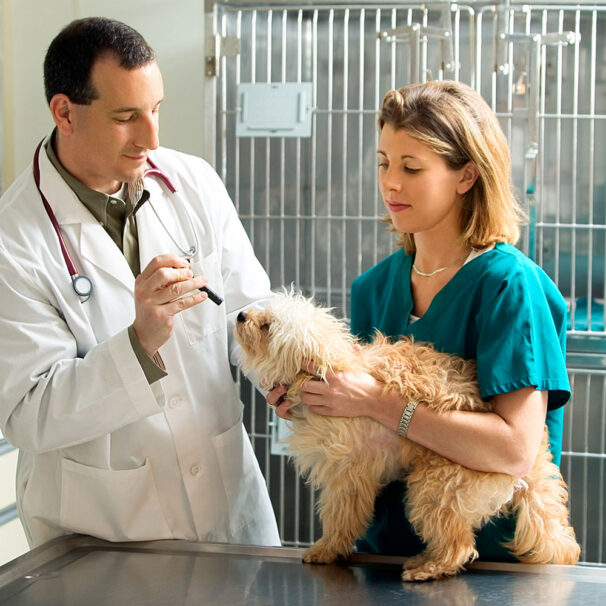Other Technician Healthcare Taxonomy Code 2472V0600X
HealthProviders DB is a comprehensive database of healthcare providers, including a complete directory of all Veterinary Technicians.
As of today, the following are the total number of Veterinary Technicians nationally, in your state, and near your location.
Medicare
The following are the total number of Veterinary Technicians who accept Medicare in your state, the number who have opted out of Medicare, and the total number excluded from participation in Medicare nationwide.
Alaska – Alabama – Armed Forces Pacific – Arkansas – American Samoa – Arizona – California – Colorado – Connecticut – District of Columbia – Delaware – Florida – Federated States of Micronesia – Georgia – Guam – Hawaii – Iowa – Idaho – Illinois – Indiana – Kansas – Kentucky – Louisiana – Massachusetts – Maryland – Maine – Marshall Islands – Michigan – Minnesota – Missouri – Northern Mariana Islands – Mississippi – Montana – North Carolina – North Dakota – Nebraska – New Hampshire – New Jersey – New Mexico – Nevada – New York – Ohio – Oklahoma – Oregon – Pennsylvania – Puerto Rico – Palau – Rhode Island – South Carolina – South Dakota – Tennessee – Texas – Utah – Virginia – Virgin Islands – Vermont – Washington – Wisconsin – West Virginia – Wyoming
Select the State name above or from the HealthProviders DB App filter panel to show the list of Veterinary Technicians by State. In addition, you can also narrow the list by City and more from the filter panel.
You can download the Veterinary Technicians dataset using HealthProviders DB Export.

What do Veterinary Technicians do?
Veterinary technicians provide essential nursing care for animals by assisting veterinarians with exams, surgeries, and diagnostics, including performing X-rays, lab tests, and administering medications.
They also manage patient recovery, educate pet owners on their pet’s health, handle record-keeping, and maintain equipment and medical supplies.
Clinical Responsibilities
Assisting with exams and surgery: They take vital signs, help prepare animals and the surgical environment, administer anesthesia, and assist veterinarians during procedures.
Diagnostic procedures: Veterinary technicians perform lab tests by collecting blood and other specimens, operate X-ray and other imaging equipment, and assist in interpreting results.
Medication and treatments: They administer prescribed medications, vaccinations, and other treatments to animals.
Post-operative care: Vet techs monitor animals during their recovery from procedures, ensuring their comfort and administering necessary care.
Client & Administrative Tasks
Educating pet owners involves explaining diagnoses, treatments, and proper aftercare to clients, providing support, and answering their questions.
Record-keeping: They maintain patient records and other essential administrative tasks to ensure the clinic runs smoothly.
Equipment management: Veterinary technicians are responsible for sterilizing surgical instruments and ensuring that equipment is maintained correctly.
Environment
- Veterinary technicians work in a variety of settings, including private clinics and hospitals, zoos, wildlife parks, and animal shelters.
- They can specialize in caring for various types of animals, including large animals, exotics, and wildlife.
- The role is vital to the efficiency of a veterinary practice, with veterinary technicians often seen as the “backbone” of the hospital.

